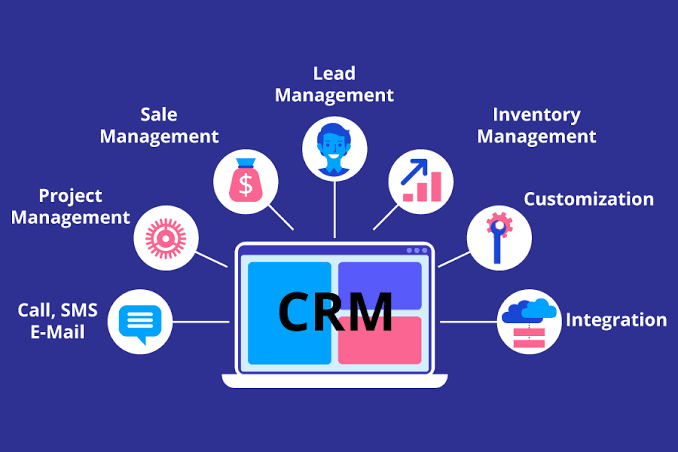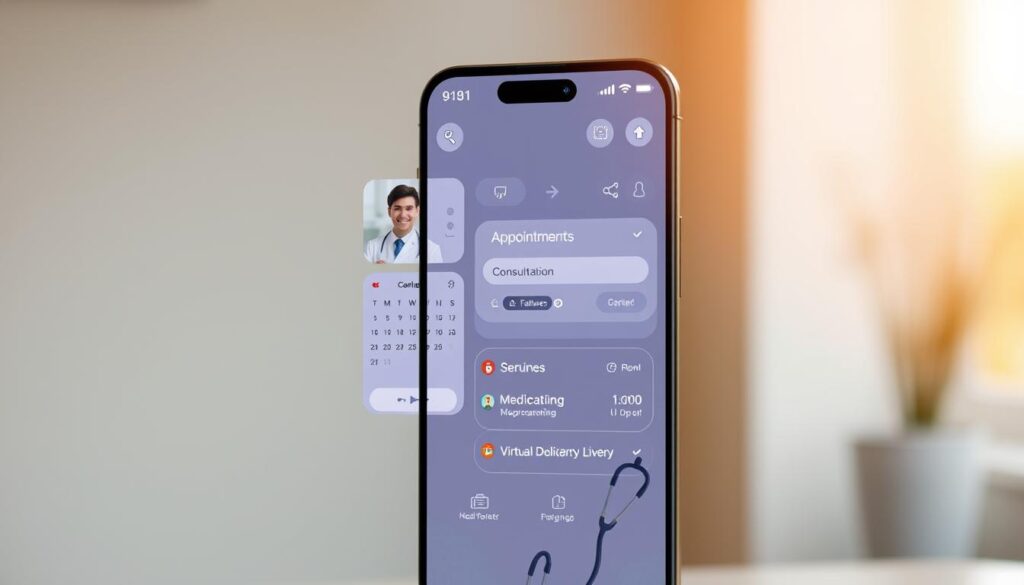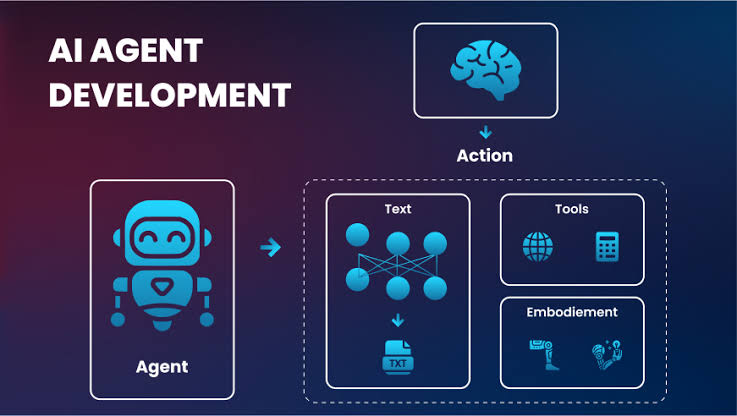
Customer Relationship Management (CRM) systems have become indispensable tools for businesses aiming to enhance customer engagement, streamline operations, and drive revenue growth. As we move into 2025, the CRM landscape continues to evolve, offering advanced features powered by artificial intelligence (AI), machine learning (ML), and omnichannel integration. This comprehensive guide explores how to choose the right CRM for your business, highlights emerging trends, and provides actionable insights to ensure your CRM investment delivers maximum value.
Why the Right CRM Matters
The importance of a well-chosen CRM system cannot be overstated. Here are some compelling reasons why businesses should invest in the right CRM:
- 300% increase in conversion rates with effective CRM integration.
- 245% revenue growth for businesses leveraging optimal CRM tools.
- 92% of companies emphasize CRM’s role in customer-centric strategies.
A robust CRM system goes beyond managing customer data—it helps businesses improve customer retention, optimize sales processes, and gain actionable insights into customer behavior.
Top CRM Platforms for 2025
Choosing the right CRM platform depends on your business needs. Here’s a comparison of some leading platforms:
| CRM Platform | Best For |
|---|---|
| Salesforce | Advanced analytics, scalability |
| HubSpot CRM | All-in-one marketing and sales solutions |
| Microsoft Dynamics 365 | AI-driven insights in the Microsoft ecosystem |
| Zoho CRM | Automation and secure ecosystem |
| Pipedrive | Sales pipeline management |
| Zendesk Sell | Customer support and sales alignment |
These platforms offer unique features tailored to different industries, from small businesses to large enterprises.
Key Features to Look For
When selecting a CRM system, prioritize features that align with your business goals. Here are essential capabilities to consider:
1. AI & Automation
Modern CRMs leverage AI and machine learning for predictive analytics, enabling businesses to:
- Forecast sales trends based on historical data.
- Automate repetitive tasks like lead scoring and follow-ups.
- Personalize marketing campaigns using customer insights.
2. Omnichannel Integration
Customers expect seamless interactions across multiple channels. A good CRM should:
- Unify communication across social media, email, phone, and face-to-face interactions.
- Provide a 360-degree view of customer interactions.
3. Cloud Flexibility
Cloud-based CRMs offer scalability and accessibility:
- Multi-cloud compatibility ensures integration with platforms like AWS or Google Cloud.
- Hybrid options allow businesses to balance on-premise security with cloud flexibility.
4. Data Security
Compliance with global data privacy regulations is critical:
- Ensure encryption and access controls are built into the system.
- Features like consent tracking and data anonymization protect sensitive information.
5. Real-Time Analytics
Advanced dashboards provide actionable insights:
- Monitor KPIs such as conversion rates and customer lifetime value in real-time.
- Use embedded analytics to optimize sales strategies dynamically.
Steps to Integrate a CRM
Implementing a CRM system requires careful planning. Follow these steps for successful integration:
- Evaluate API Capabilities: Ensure the CRM integrates seamlessly with your existing tools.
- Prioritize Secure Data Migration: Safely transfer historical data while maintaining data integrity.
- Test Functionality Before Deployment: Conduct pilot tests to identify potential issues.
- Train Teams for Adoption: Provide hands-on training sessions to maximize user efficiency.
Cost of CRM Integration
CRM integration costs vary based on customization and complexity. Here’s an estimated breakdown:
| Category | Low-End Total | High-End Total |
|---|---|---|
| Implementation & Setup | $5,000 | $60,000 |
| Customization & Development | $10,000 | $90,000 |
| Software Licensing Fees | $5,000 | $60,000 |
| Third-Party Integrations | $10,000 | $60,000 |
| Grand Total | $30,000 | $270,000 |
Understanding these costs can help you budget effectively while ensuring you get the features you need.
Emerging Trends in CRM for 2025
To stay competitive in 2025, businesses must embrace new trends shaping the future of CRM systems:
1. Conversation-Driven Engagement
CRMs are shifting from transactional tools to platforms that foster meaningful dialogues across multiple channels. This approach enhances customer relationships by focusing on their goals.
2. Hyper-Personalization
AI-driven insights allow businesses to deliver tailored experiences at scale:
- Predictive analytics identify individual customer preferences.
- Dynamic segmentation enables personalized marketing strategies.
3. Mobile-First & Voice-Activated CRMs
Mobile apps provide real-time access to customer data on the go:
- Voice commands simplify tasks like updating records or scheduling appointments.
4. Democratization for SMBs
Cloud technology makes CRMs more accessible for small businesses:
- Low-code solutions reduce implementation complexity while enhancing usability.
Best Practices for Maximizing CRM Value
Adopting best practices ensures your CRM delivers optimal results:
1. Prioritize Data Quality
Regular audits and AI-driven enrichment tools improve data accuracy and relevance.
2. Automate Routine Tasks
Workflow automation streamlines processes like lead management and reporting.
3. Leverage Customer Feedback
Use surveys and Net Promoter Scores (NPS) to identify areas for improvement.
4. Measure Performance Regularly
Activate dashboards to monitor KPIs such as acquisition costs and conversion rates in real-time.
Call-to-Action: Let Appfodev Help You Transform Your Business
At Appfodev, we specialize in helping businesses select and integrate the perfect CRM system tailored to their needs. Our expert team offers services such as:
- Custom API integrations for seamless connectivity.
- AI-powered automation solutions.
- Secure data migration compliant with global regulations.
Take control of your business growth today!
Contact us now for a free consultation or visit our website to learn more about how we can help you unlock the full potential of your CRM system.
Conclusion
Choosing the right CRM system in 2025 is more than just picking software—it’s about empowering your business with tools that enhance efficiency, improve customer relationships, and drive revenue growth. By focusing on key features like AI-driven insights, omnichannel integration, and robust security measures while adopting best practices such as prioritizing data quality and automation, you can ensure your CRM investment delivers lasting value.
Stay ahead of the curve by embracing emerging trends like hyper-personalization and mobile-first CRMs—and let Appfodev guide you every step of the way!





